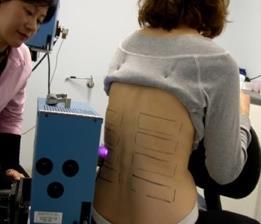Following the success of Peer Review Week in September 2016 (dedicated to reviewer recognition) during which we published a list of our top reviewers, we are delighted to announce that we will continue to recognise the contribution that our reviewers make to the journal by announcing our Outstanding Reviewers each year.
We would like to highlight the Outstanding Reviewers for Photochemical & Photobiological Sciences in 2016, as selected by the editorial team, for their significant contribution to the journal. The reviewers have been chosen based on the number, timeliness and quality of the reports completed over the last 12 months.
We would like to say a big thank you to those individuals listed here as well as to all of the reviewers that have supported the journal. Each Outstanding Reviewer will receive a certificate to give recognition for their significant contribution.
Professor Adelaide Almeida, University of Aveiro
Dr Ross Boyle, University of Hull
Dr Frank de Gruijl, Leiden University Medical School
Dr Thierry Douki, CEA-Grenoble
Dr Axel Griesbeck, University of Cologne
Dr Asta Juzeniene, Oslo University Hospital
Dr Uwe Pischel, University of Huelva
Professor Eric Vauthey, University of Geneva
Professor Rene Williams, Universiteit van Amsterdam
We would also like to thank the Photochemical & Photobiological Sciences board and the Inorganic community for their continued support of the journal, as authors, reviewers and readers.
If you would like to become a reviewer for our journal, just email us with details of your research interests and an up-to-date CV or résumé. You can find more details in our author and reviewer resource centre











